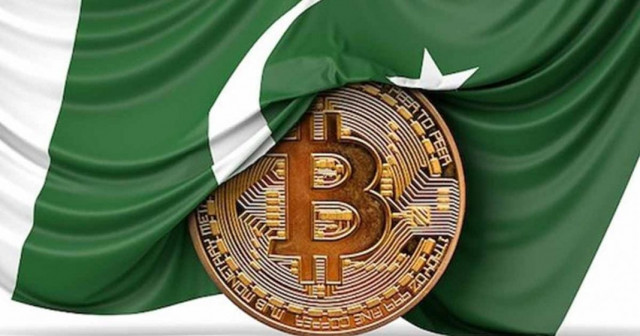ISLAMABAD ( WNAM REPORT): Pakistan has been ranked among the top three countries in the world for cryptocurrency adoption, according to the sixth annual Chainalysis Global Crypto Adoption Index, highlighting the country’s swift integration of digital assets into everyday financial life.
The report, released Thursday, places Pakistan alongside India and Vietnam as leaders in the Asia-Pacific (APAC) region for grassroots crypto use. Globally, the U.S. took second place, while Pakistan, Vietnam and Brazil completed the top five.
The Chainalysis index measures real-world cryptocurrency usage across 151 countries, evaluating factors such as transaction volumes, decentralized finance (DeFi) activity, and the prevalence of smaller, retail-sized transfers — all adjusted for population size and purchasing power. A key metric includes the on-chain value received by centralized services, offering insights into the true extent of adoption beyond speculation.
Pakistan’s high ranking reflects a growing trend of crypto use at the grassroots level, with individuals and small businesses increasingly relying on digital assets for savings, remittances, and commerce. The report notes a 69% year-over-year increase in crypto value received across APAC, with Pakistan contributing significantly to the $2.36 trillion in transaction volume seen in the region — up from $1.4 trillion the previous year.
In response to the sector’s rapid growth, Pakistan established a National Crypto Council earlier this year. The council aims to provide oversight and develop policy frameworks for the country’s nascent but fast-evolving virtual asset industry. It includes stakeholders from regulatory bodies, financial institutions, and the tech sector.
Pakistan’s advancement in the crypto space marks a pivotal moment in its digital finance journey. Once hesitant to regulate digital currencies, the country is now positioning itself as a serious player on the global stage, with its population turning to decentralized finance solutions amid economic uncertainty and limited access to traditional banking.
The annual index, widely followed in financial and regulatory circles, is seen as a bellwether for emerging markets embracing cryptocurrency at scale.


